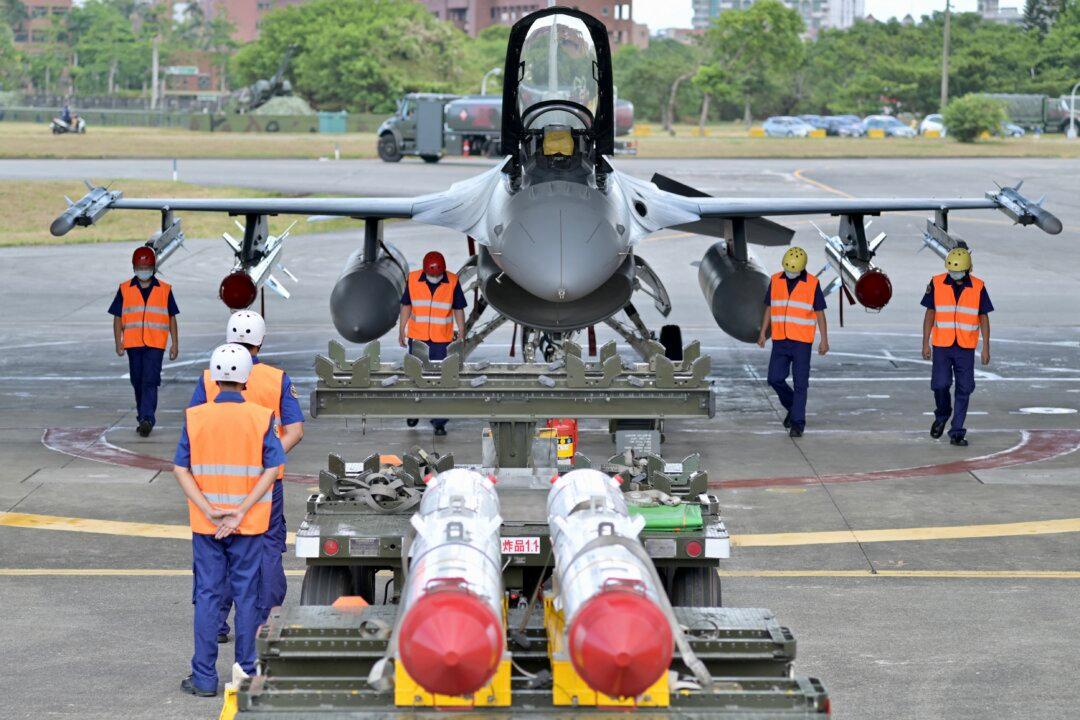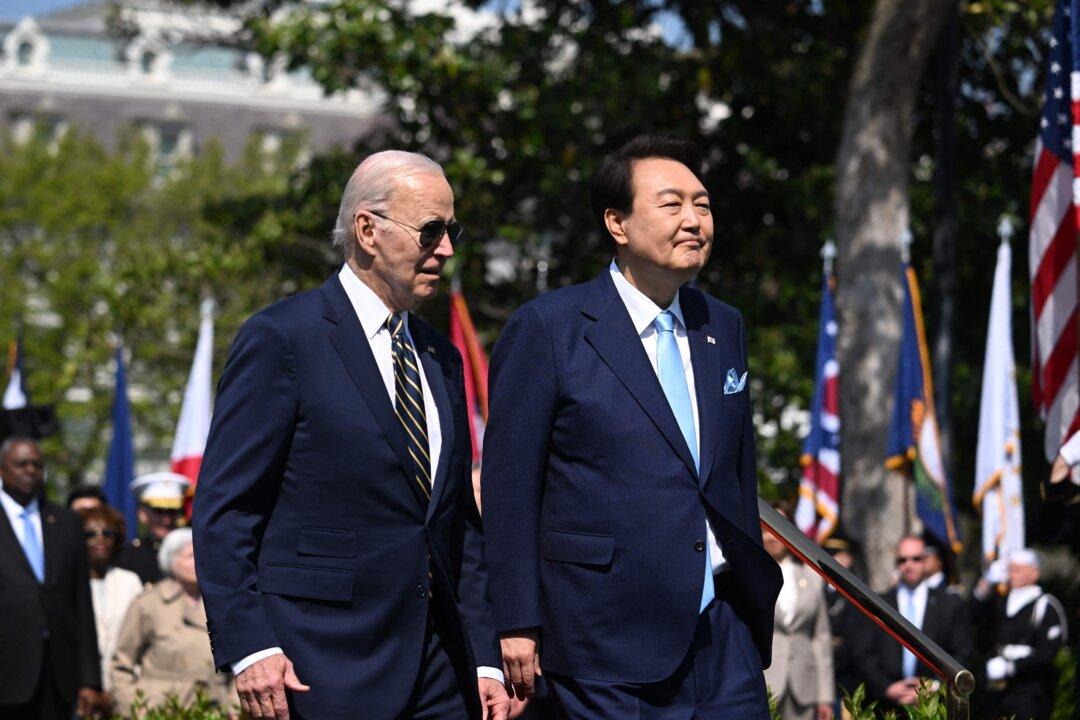Commentary
What is missing in preparing Taiwan and the United States to protect Taiwan against the Chinese Communist Party’s (CCP) military aggression? This article describes the basic process for the United States, the Republic of China (ROC, Taiwan’s official name), their militaries to work together, and the legislation required.
Risk Analysis
The National Institute of Standards and Technology (NIST) proposes five ways an organization can respond to risk:- Risk acceptance: Understand an identified risk, the potential cost or damage, and agree to accept the risk.
- Risk avoidance: Identify risk and decide not to engage in actions associated with the risk.
- Risk deterrence: Understand a posed threat, and inform the agent of that threat about retaliatory harm.
- Risk mitigation: Act to reduce risk.
- Risk transference/sharing: Share the risk burden with another entity, such as another country.





